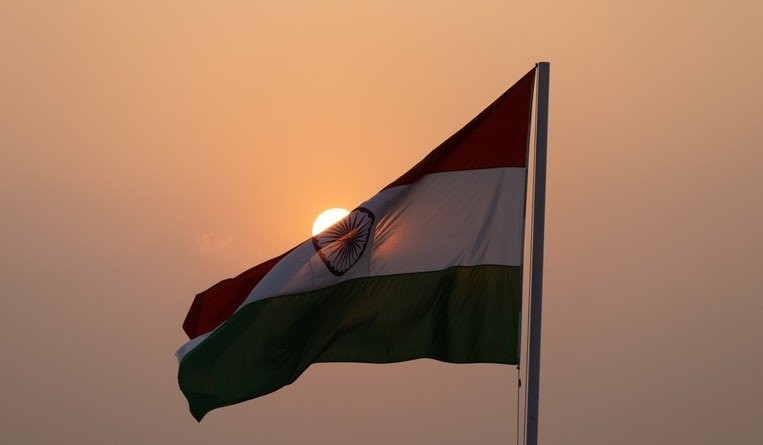India Issues First SEP Judgment
21 August 2018

“It gives us immense pleasure to share with you India’s first ever judgment dealing with standard essential patents,” says Pravin Anand, managing partner at Anand and Anand in Noida. “As you are already aware until this decision, the fate of several SEP holders (either individuals or members of a conglomerate) hung in the balance, since courts in India were hearing disputes without the benefit of any case law on this field.”
Anand tells Asia IP that, with this decision of the Delhi High Court, disputes can now be resolved in finality by judges across India by taking a leaf from Philips’ booklet. Anand’s firm provides a more thorough report of the decision in this issue’s analysts section, and also gives a few key highlights below:
Philips’ DVD-ROM patents were held to be standard essential. The court compared equivalent claims in US and EP patents (which were both standard essential) before coming to the conclusion that the patent was essential to the DVD-standard in India as well.
Philips’ patents were held to have been infringed. The court held that infringement was established by two means. The first method was through the simple demonstration of the defendants’ use of SEP without seeking licenses from Philips. The second method consisted of an independent analysis where the claims of the patent were compared with the specifications of the defendants’ product. It was conclusively proven that the technology used and functions performed by the defendants’ DVD-players undoubtedly used the patent in question
A civil suit for infringement is not the appropriate forum for adjudication of anti-competitive issues. The defendants’ allegations that Philips abused its dominance to force licenses on the defendants was dismissed. The court held that the Competition Commission of India is the appropriate authority to adjudicate such issues and claims. It is the sole prerogative of this body to assess such issues. In any case, the defendants had never raised such a complaint before the Competition Commission of India.
FRAND royalty rates fixed for payment to Philips. The court imposed royalty payment on FRAND rates offered by Philips. Philips had requested license fee at US$3.175 (until August 2010) and at US$1.90 (from August 2010 to February 2015). The court also directed that a local commissioner visit the defendants’ premises and ascertain the exact quantity of DVD players sold by the defendants during the pendency of the patent. A subsequent execution petition will need to be filed in order to recover damages.
“This judgment also educates one and all on how to adduce evidence, the dos and don’ts of contesting SEP disputes from the point of view of court procedure and evidentiary worth of documents,” Anand says. “We sincerely hope to help you accomplish greater results as you attempt to successfully license out your SEP portfolio in India.”






